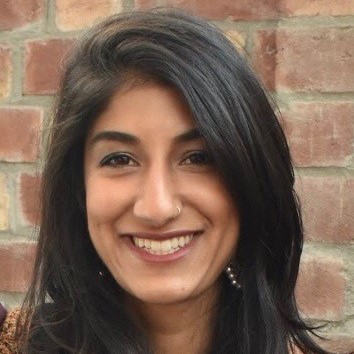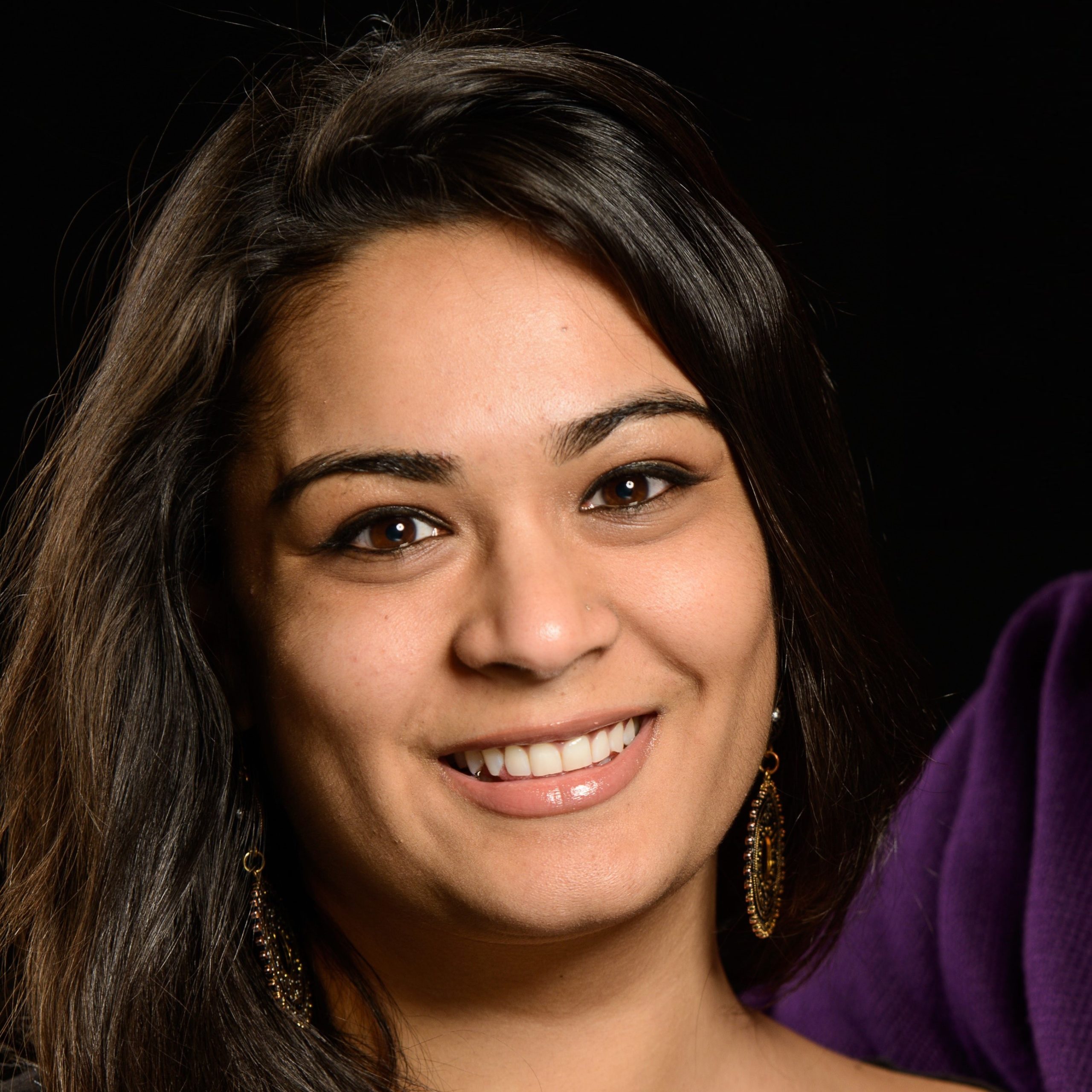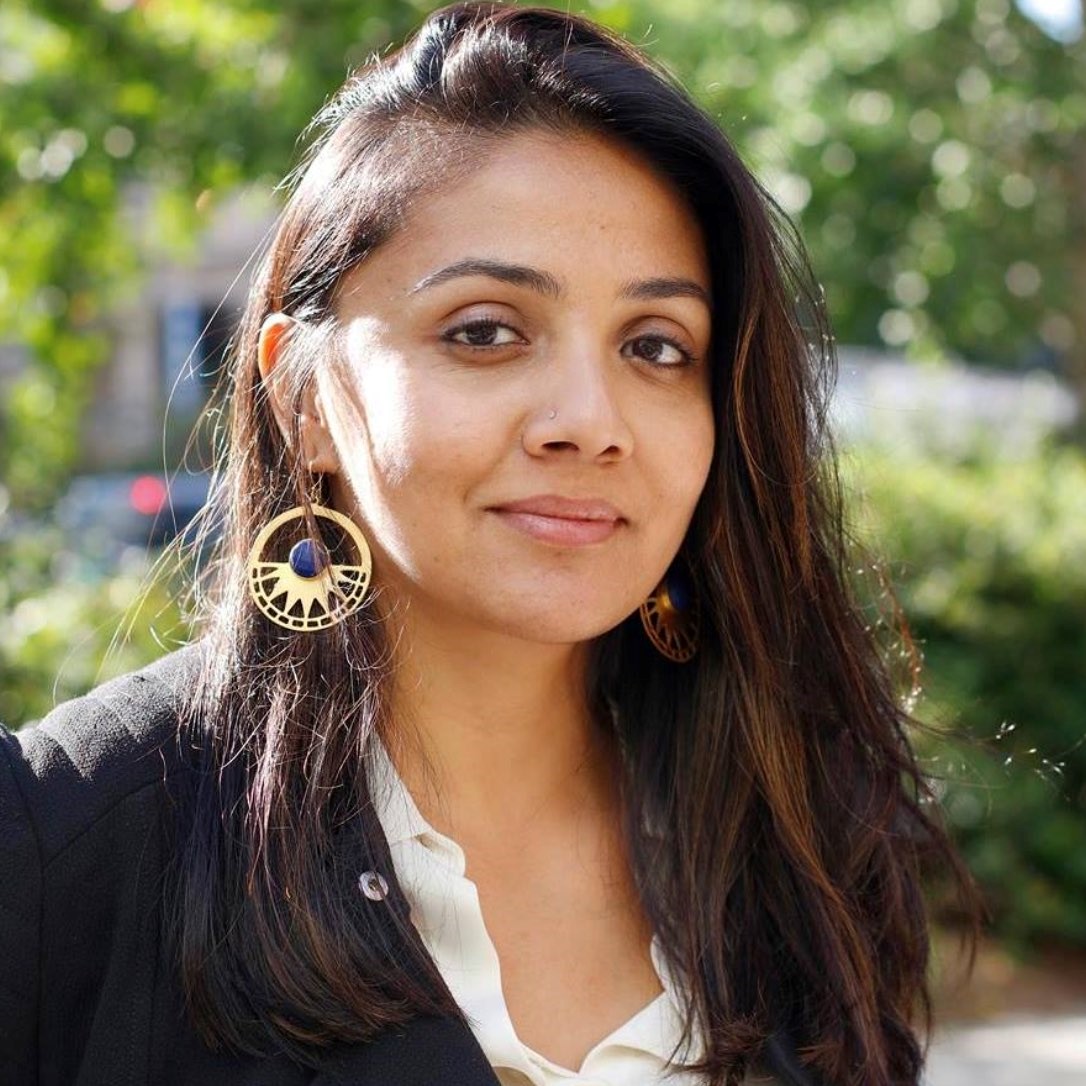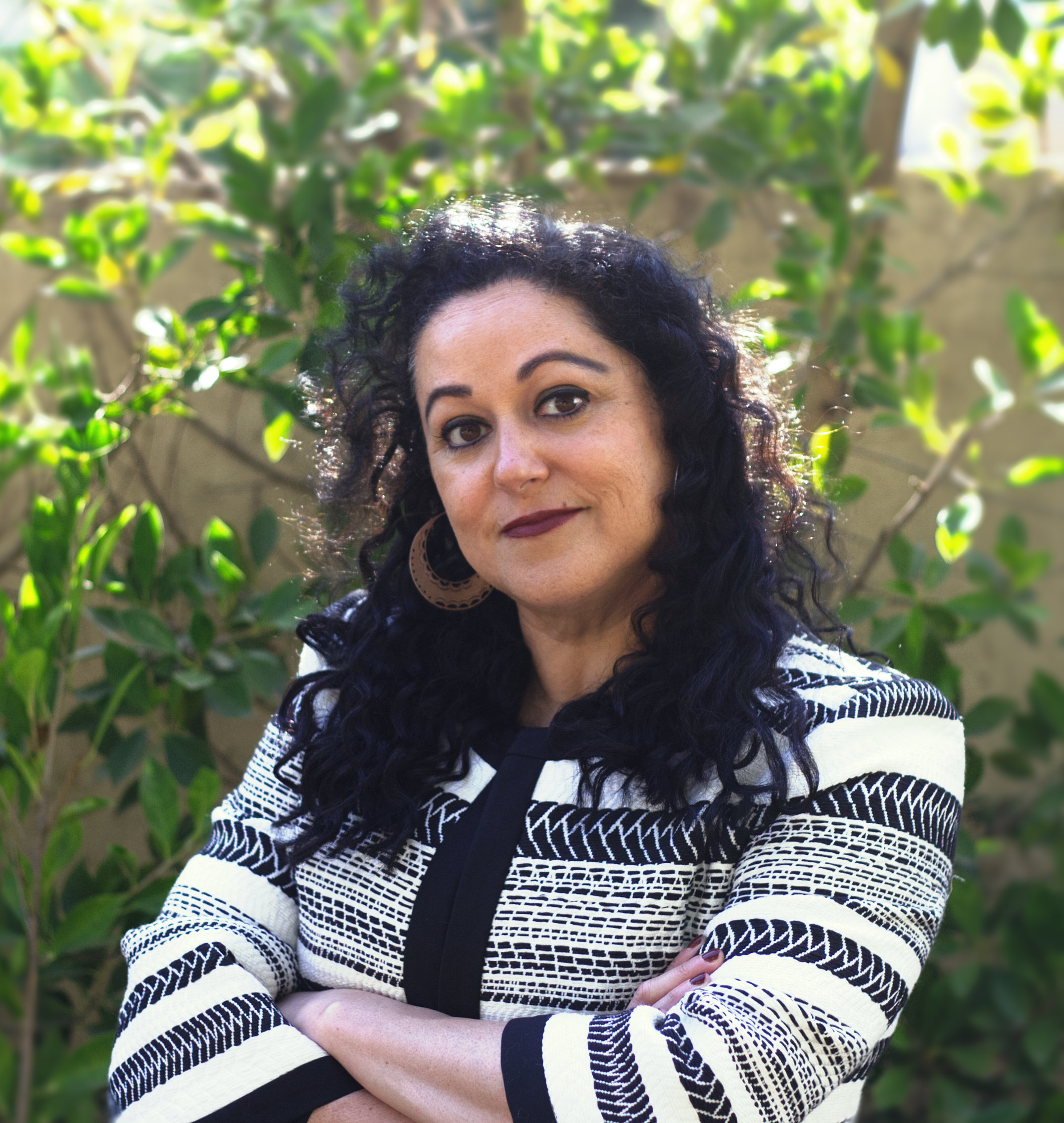This AAS Digital Dialogue is fifth in an ongoing series of discussions about topics in Critical Muslim Studies.
Friday, August 27, 2021
3:00-4:15pm Eastern Time
The fifth installment of an ongoing series of conversations on “Critical Muslim Studies” that center engaging with “Muslim” as an object and subject of knowledge in these times of increased ethno-nationalist populism, neo-colonial governmentality, and rising Islamophobia. Presenters will offer some takeaway points from their research to illuminate the dialogic, interconnected, and informed discourses and practices to understand the “Muslim” across regional, spatial, theoretical, and disciplinary boundaries. As a dialogue with active engagement with the virtual audience, by bringing in scholars whose work speaks through Asian Studies, Asian American Studies, and Arab American Studies, we can discuss a wider conceptualization of “Muslim” as embodiment, practice, critique, and transnationalism that can be important interventions in our academic associations. This discussion will feature panelists Nafeesa Andrabi, Samah Choudhury, Mariam Durrani, and Bilal Nasir with moderator Evelyn Alsultany.
Thank you to Stan Thangaraj for organizing this session, as well as the ongoing mini-series on Critical Muslim Studies.
Additional Resources
The Imperial University: Academic Repression and Scholarly Dissent. United Kingdom: University of Minnesota Press, 2014.
Rodríguez, Dylan. White Reconstruction: Domestic Warfare and the Logics of Genocide. New York: Fordham University Press, 2020. muse.jhu.edu/book/77829.
Singh, Nikhil Pal. Race and America’s Long War. United States: University of California Press, 2019.
SWANA is a way to describe the Southwest Asian and North African region in a geographical, non-political, and non-religious way
The U.S. Army/Marine Corps Counterinsurgency Field Manual
Session Speakers

Nafeesa Andrabi
5th year Sociology PhD student at UNC Chapel Hill and a Biosocial Fellow at Carolina Population Center
Andrabi draws on multidisciplinary theoretical and methodological approaches to understand health disparities and experiences of race and Muslimness in the US. Her research is funded by the National Science Foundation and the National Institutes of Health. Her dissertation examines the consequences of Muslimness at the intersection of race on health outcomes across the life course and the intergenerational transmission of health disparities among non-US born Muslims. Additionally, she explores American Muslims and perceived Muslimness as a site for understanding how race, immigration, and religion shape identity formation and the US racial order. Lastly, her work theorizes on the experiences of those who exist on the fringes of US racial categories and how to interrogate practices of conceptualizing, measuring, and analyzing race as a variable, particularly as they relate to health research.

Samah Choudhury
Assistant Professor in the department of Philosophy and Religion at Ithaca College
Dr. Choudhury’s research surrounds American Muslim humor and the cultural politics that accompany what it means for Muslims to be socially legible in the United States. She is writing a book on how Islam and Muslims are articulated through the medium of standup comedy and the ways that they are recognized or become obscured through broader understandings of race, gender, and American secularism.

Mariam Durrani
Assistant Professor of anthropology at Hamilton College
As an interdisciplinary feminist scholar of global racialization, her research engages with migration studies, digital media studies, and critical education studies through academic, public, and multimodal research in the U.S. and Pakistan.
Her talk, “The Imperial Optic: Migration, Racialization, and the War on Terror in Lahore and New York City”, focuses on the imperial optic as a conceptual orientation to study how college students in the US and Pakistan are racialized by war policies that shape how they access their college education. Focusing on Pakistani-origin students in NYC and Pashtun students in Lahore, this talk ethnographically illustrates how processes of imperial racialization occur across contexts shaped by US imperial geopolitics. This talk is based on my book project studying the impact of the US wars “on terror” on higher education and youth mobility in both Pakistan and the US.

M. Bilal Nasir
Chau Mellon Postdoctoral Fellow in the Intercollegiate Department of Asian American Studies at Pomona College
Bilal’s work draws on over two years of ethnographic research in Greater Los Angeles, CA, to examine how South Asian American and Arab American Islamic scholars and pious youth draw on traditions of Islamic ethics to forge social movements in critique of racialized policing. He is currently working on a book manuscript based on this research tentatively titled, The LAboratory: Surveillance, Race, and Islam in the City of Angels. Some findings from this research have been published or are forthcoming in Anthropological Quarterly and Journal of Political Theology.
His talk explores the underlying anti-Muslim racial logics of contemporary American policing in urban centers like Los Angeles, CA, as well as the role of Muslims in ongoing struggles against surveillance and national security. The talk will consider how Muslims of immigrant backgrounds are increasingly turning to Islam as a decolonial ethical tradition to challenge white sovereignty in the City of Angels.
Session Moderator

Evelyn Alsultany
Associate Professor in the Department of American Studies and Ethnicity at the University of Southern California’s Dornsife College
Prior to her appointment at USC, she taught at the University of Michigan for 13 years where she co-founded and served as the director of the Arab and Muslim American Studies, one of only three comparable programs in the world that focus on Arabs and/or Muslims in the U.S. context. She is the author of Arabs and Muslims in the Media: Race and Representation after 9/11 (NYU Press, 2012) and of a forthcoming book, How Muslims Get Included in Diversity Politics (NYU Press). As a leading expert on the history of representations of Arabs and Muslims in the U.S. media she co-authored the Obeidi-Alsultany Test to help Hollywood improve representations of Muslims and serves as a consultant for Hollywood studios through the boutique firm, History Studio.

